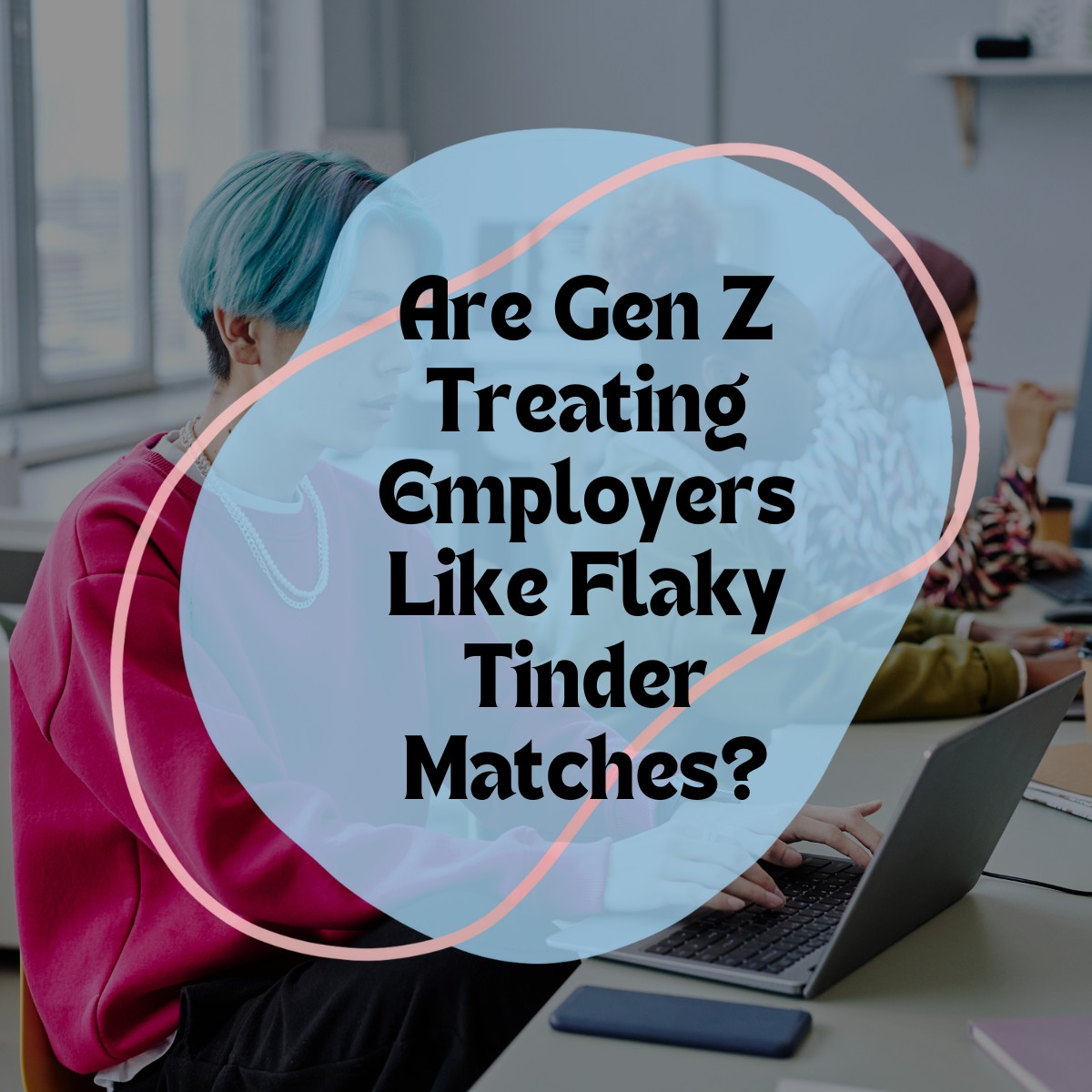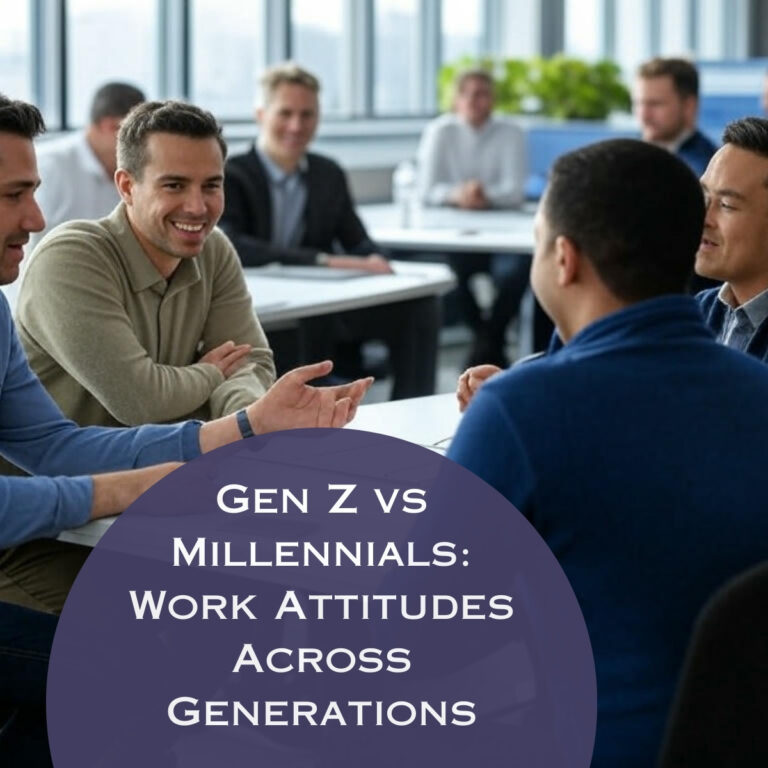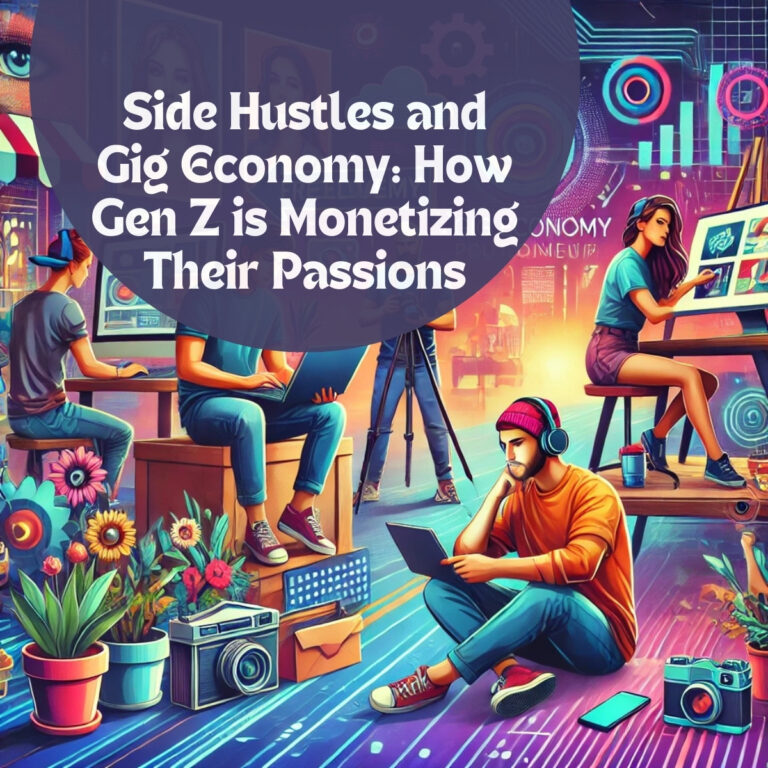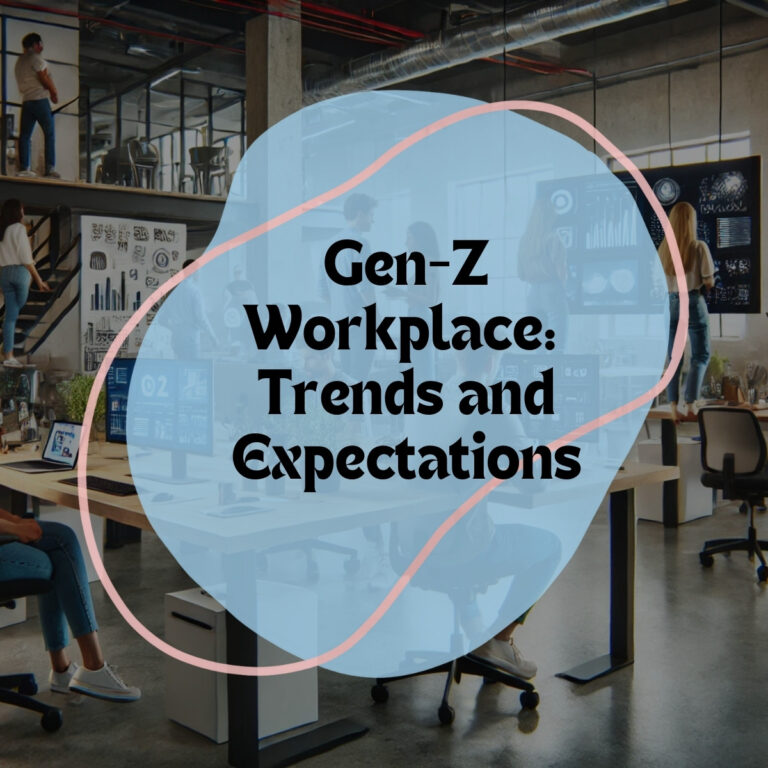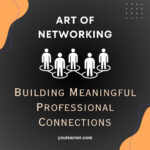Are Gen-Z Ditching Their Employers Like Bad Dates? Are Gen Z Treating Employers Like Flaky Tinder Matches?
In recent years, Generation Z (born between 1997 and 2012) has been redefining workplace norms, leading to significant shifts in employer-employee dynamics. This cohort’s approach to employment often mirrors modern dating behaviors, with practices such as “ghosting” and “career catfishing” becoming increasingly prevalent.
Ghosting Employers: A Growing Trend
Traditionally associated with personal relationships, “ghosting” now extends to professional settings. A survey by employment platform Indeed revealed that 75% of workers have ignored a prospective employer in the past year. Notably, 93% of Gen Z respondents admitted to skipping scheduled interviews, and 87% accepted job offers but failed to appear on their first day. This behavior is often driven by a desire to feel “in charge of their career”
Career Catfishing: Accepting Offers Without Commitment
“Career catfishing” involves candidates accepting job offers with no intention of starting the position. Research from CVGenius indicates that 34% of Gen Z workers have engaged in this practice, using it as a form of silent protest against exhaustive hiring processes and perceived mistreatment during recruitment.
Underlying Factors: Autonomy and Workplace Dissatisfaction
Several factors contribute to these behaviors:
- Desire for Autonomy: Gen Z values control over their careers and personal lives, often prioritizing roles that offer flexibility and work-life balance.
- Response to Employer Practices: Experiences of being “ghosted” by employers or facing lengthy hiring processes have led some Gen Z workers to reciprocate with similar behaviors
- Economic Considerations: Financial pressures, such as the inability to afford expenses associated with new employment (e.g., commuting costs, work attire), can deter Gen Z from committing to roles, especially if better opportunities arise
Implications for Employers
These trends pose challenges for employers, including increased hiring difficulties and disruptions in workforce planning. To address these issues, companies may need to:
- Enhance Transparency: Clearly communicate job expectations, growth opportunities, and compensation structures from the outset.
- Streamline Recruitment: Simplify and expedite the hiring process to maintain candidate engagement and reduce the likelihood of drop-offs.
- Foster Positive Work Environments: Cultivate a workplace culture that values employee well-being, offers flexibility, and aligns with the values of younger workers.
By understanding and adapting to the evolving expectations of Gen Z, employers can build more resilient and committed teams, reducing the incidence of “ghosting” and “career catfishing” in the workplace.
